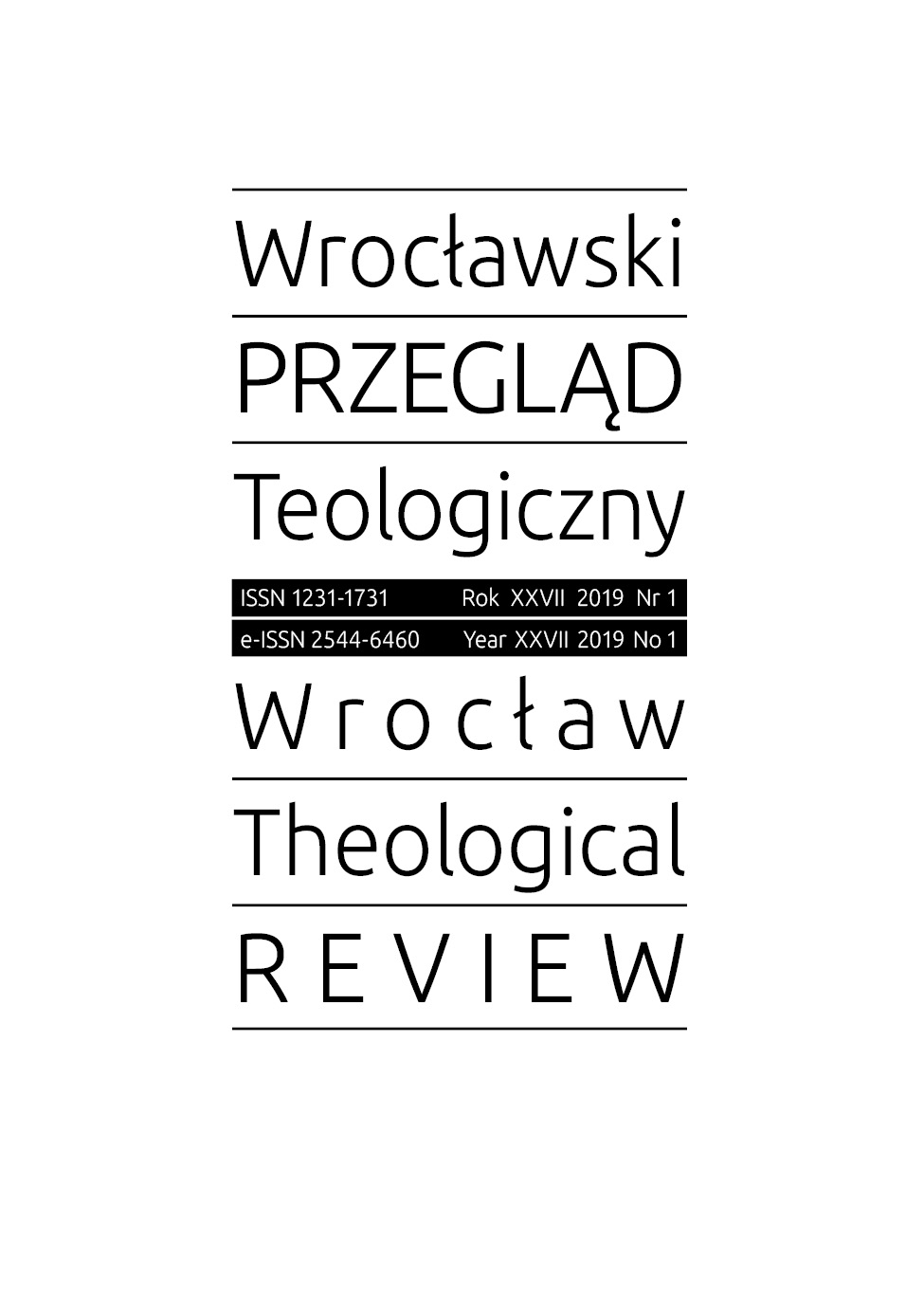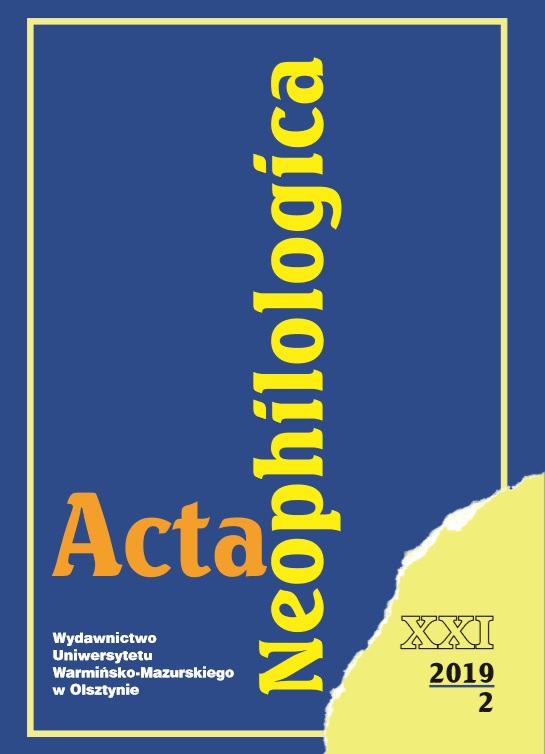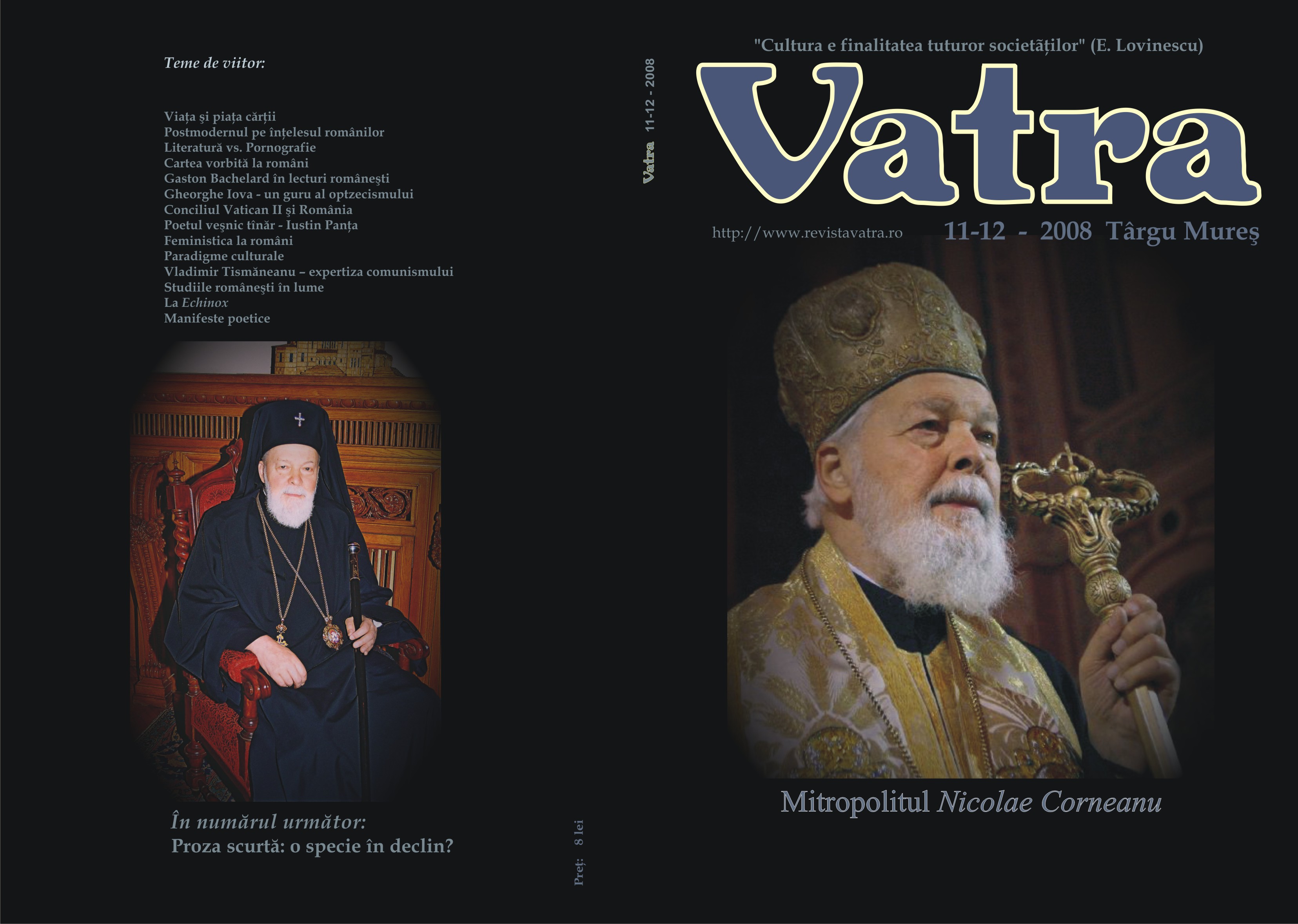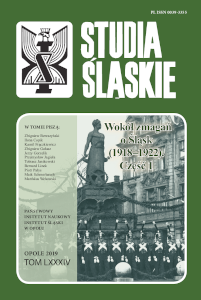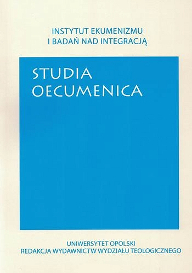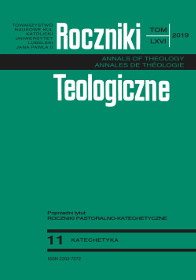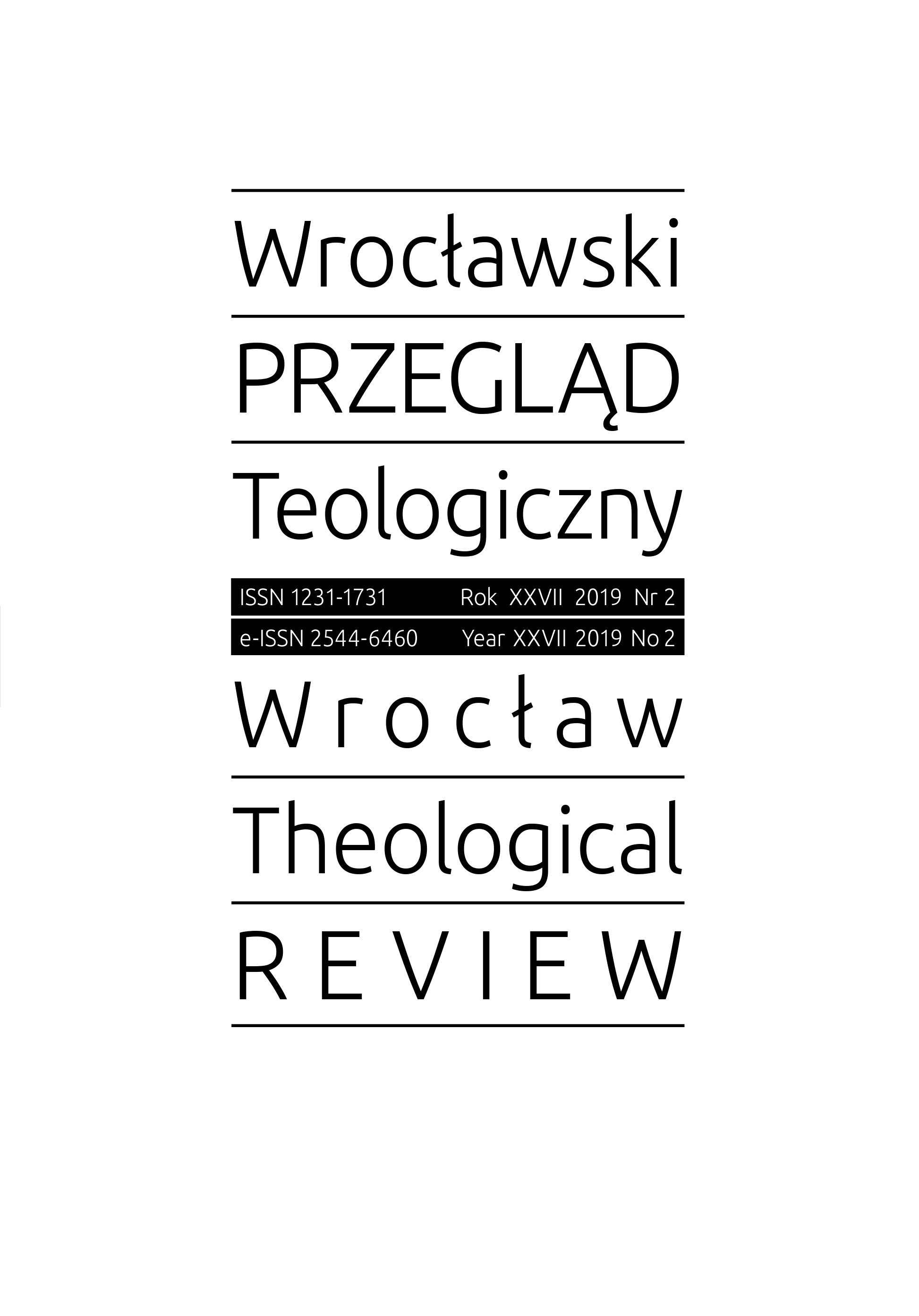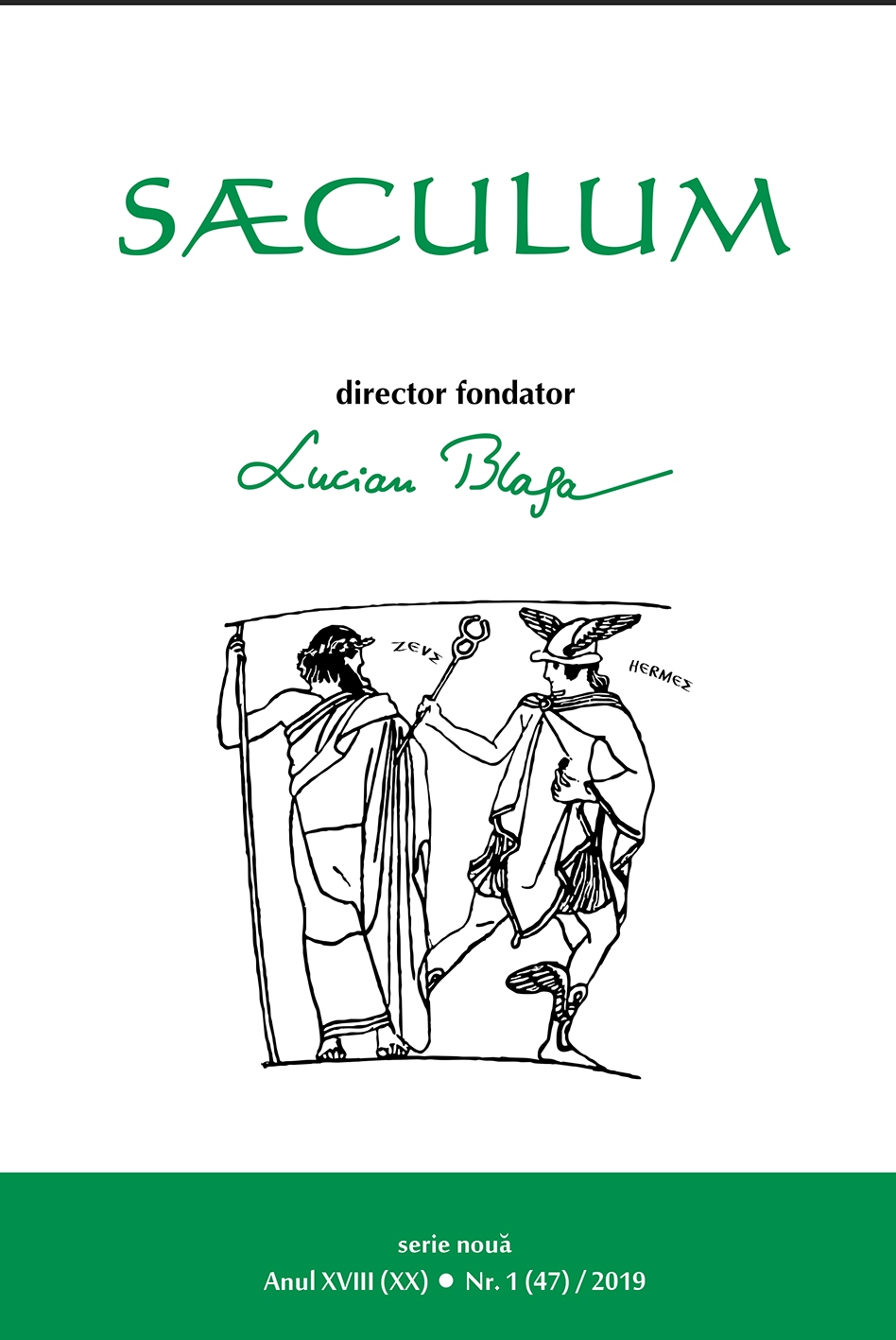
DOXOGRAFIA CA POSOLOGIE CULTURALĂ
The current review analyzes the last editorial issuance of Professor Gabriel Hasmaţuchi. Dedicated with much accent on cultural phenomenology, the author proposes interpretations that develop a binary, alike, contradictory, concurrent, complementary or congruent character. The work has the smell of ancient doxographies being a truly protreptic one, as well as a treaty of cultural posology.
More...
